Cleaning your gutters can be a difficult and sometimes dangerous job, but it’s important to clean them at regular intervals to avoid problems. If leaves are building up, here’s a guide to clearing them out.
Household maintenance checklist for winter
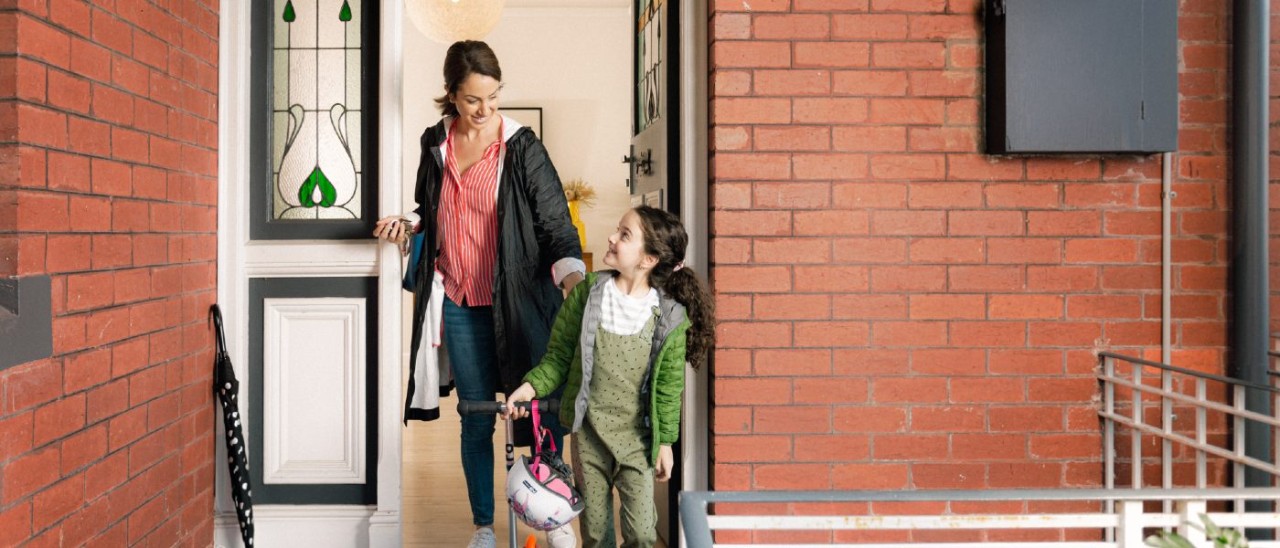
As the chill of winter sets in, it's crucial to ensure that your home can withstand the colder weather.
Regular maintenance and preparation not only keeps your home cosy and warm in winter, but also helps reduce heating bills and prevent potential damage caused by harsh weather conditions. RACV Emergency Home Assist experiences a significant increase in callouts in winter for issues that could be prevented with regular servicing and checks.
During the colder months, there is a notable increase in households experiencing issues with gas and electric heating units, gas and electric hot water units, and gas leaks. Last year between April and August, RACV Trades attended 3,343 callouts for heating units, 2,722 callouts for hot water issues, and 433 callouts for gas leaks.
Here’s a guide on how to make sure your home is well prepared for winter. Sealing draughts and checking your smoke alarms are some simple tasks worth undertaking. For other jobs that can be risky, such as cleaning gutters and servicing your heater, consider getting an expert tradie.
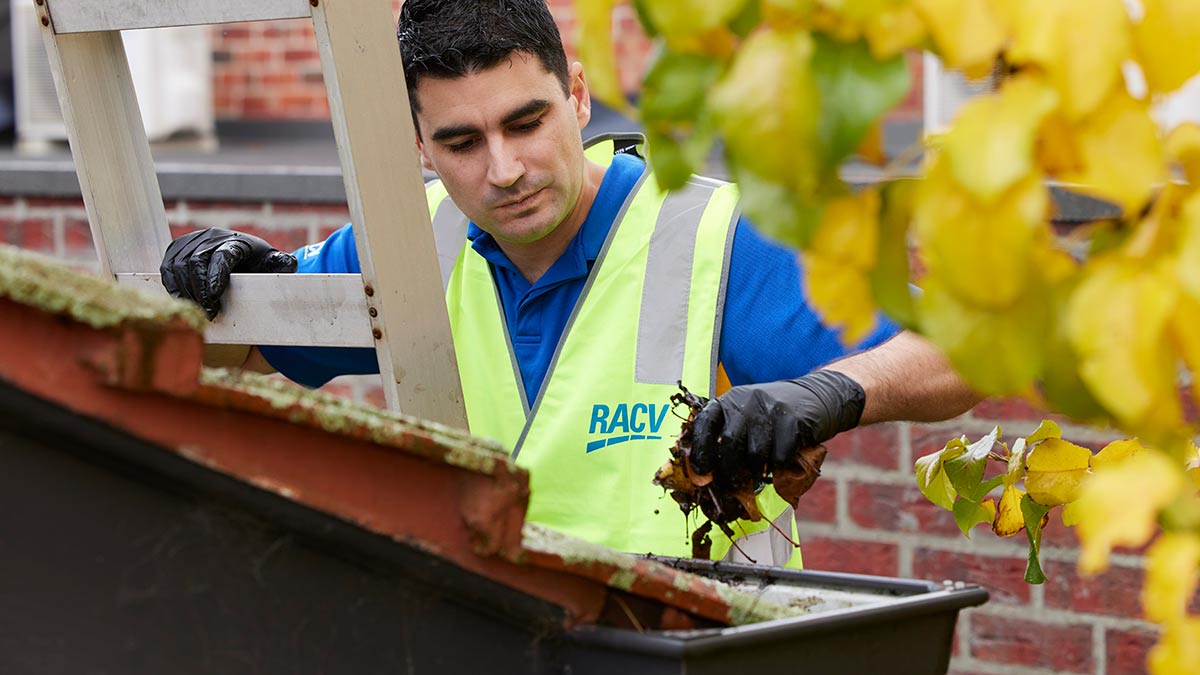
Get a professional to regularly clear your gutters to prevent damage to your home.
7 ways to prepare your home for winter
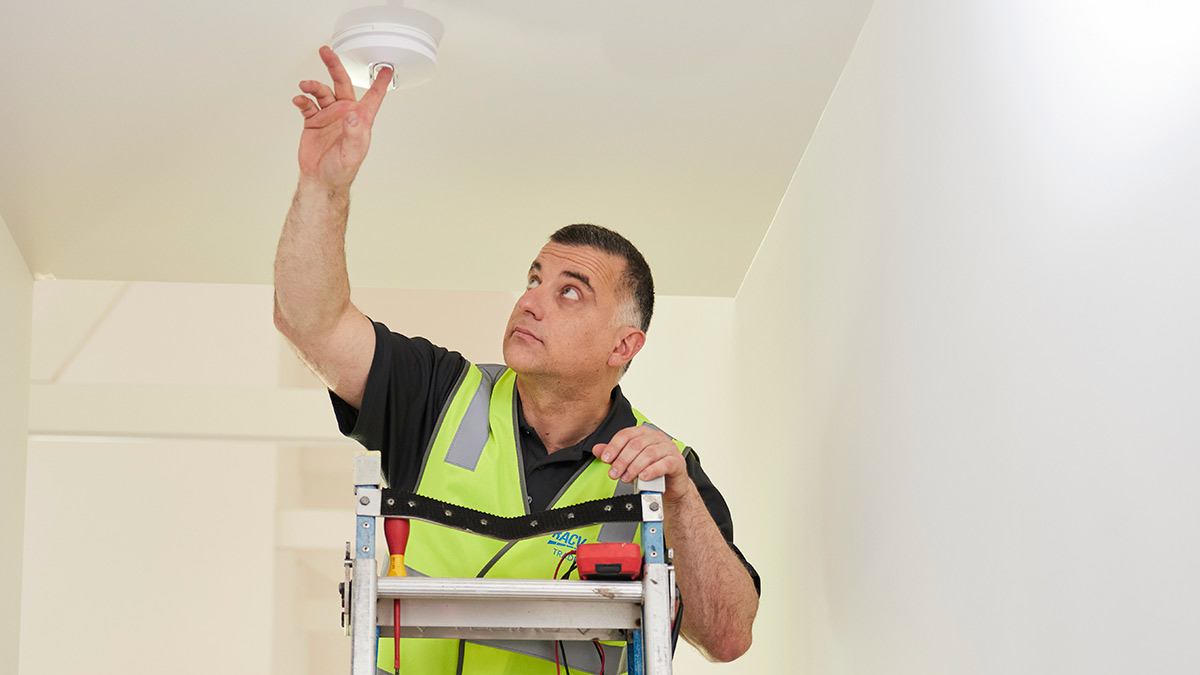
The Country Fire Authority (CFA) recommends that smoke alarms are installed in every living area and bedroom.
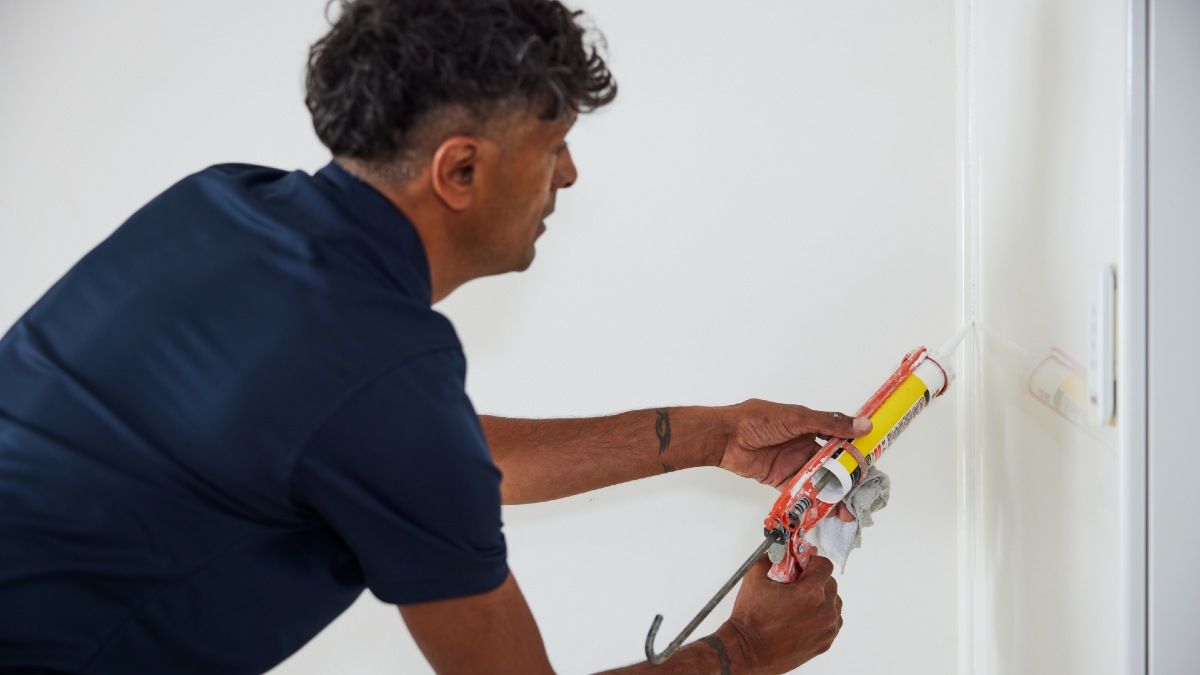
Applying caulking to windows and doors helps seal any gaps or cracks around the frame.
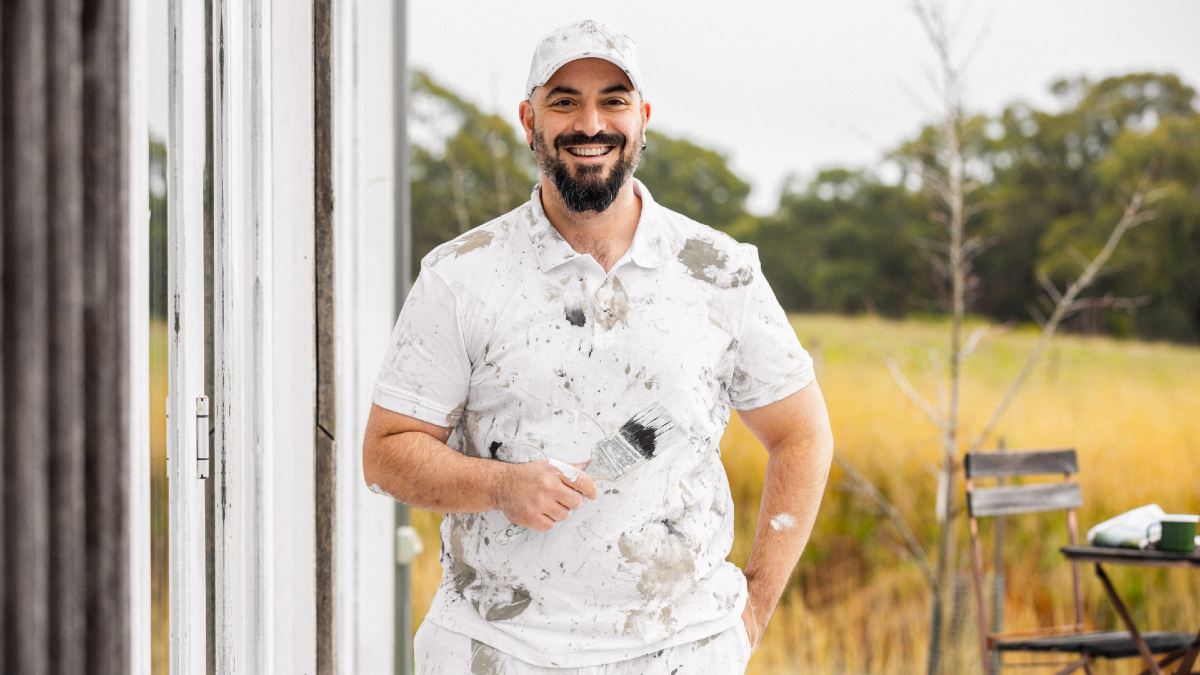
It's recommended that a timber house is repainted every five to seven years to maintain its integrity.
Longer-term investments to consider for future winters
- Insulate walls and floors: households typically save around 15 per cent on heating and cooling bills if the walls are insulated, according to energy.gov.au.
- Double-glazed windows: replacing existing single-pane windows with double or even triple-glazed windows can cut heat loss or gain by nearly 30 per cent, says Sustainability Australia.
- Install solar power: installing rooftop solar will help cut your energy costs. Solar panels and storage batteries are the big retrofit items that can make a real difference to a home’s efficiency.
- Purchase energy efficient appliances: a cost-effective way to keep your home at a comfortable temperature is with an energy-efficient split-system heating. Choose a system with the highest number of energy-rating stars that is within your budget.
- Get advice on energy efficiency if renovating or building.
RACV Trades is a trading name of RACV's trade partner, Club Home Response Pty Ltd (Victorian registered domestic building practitioner number CDB-U 100178). All works are performed or arranged by Club Home Response Pty Ltd. trading as RACV Trades. Read the RACV Trades Terms and Conditions.


